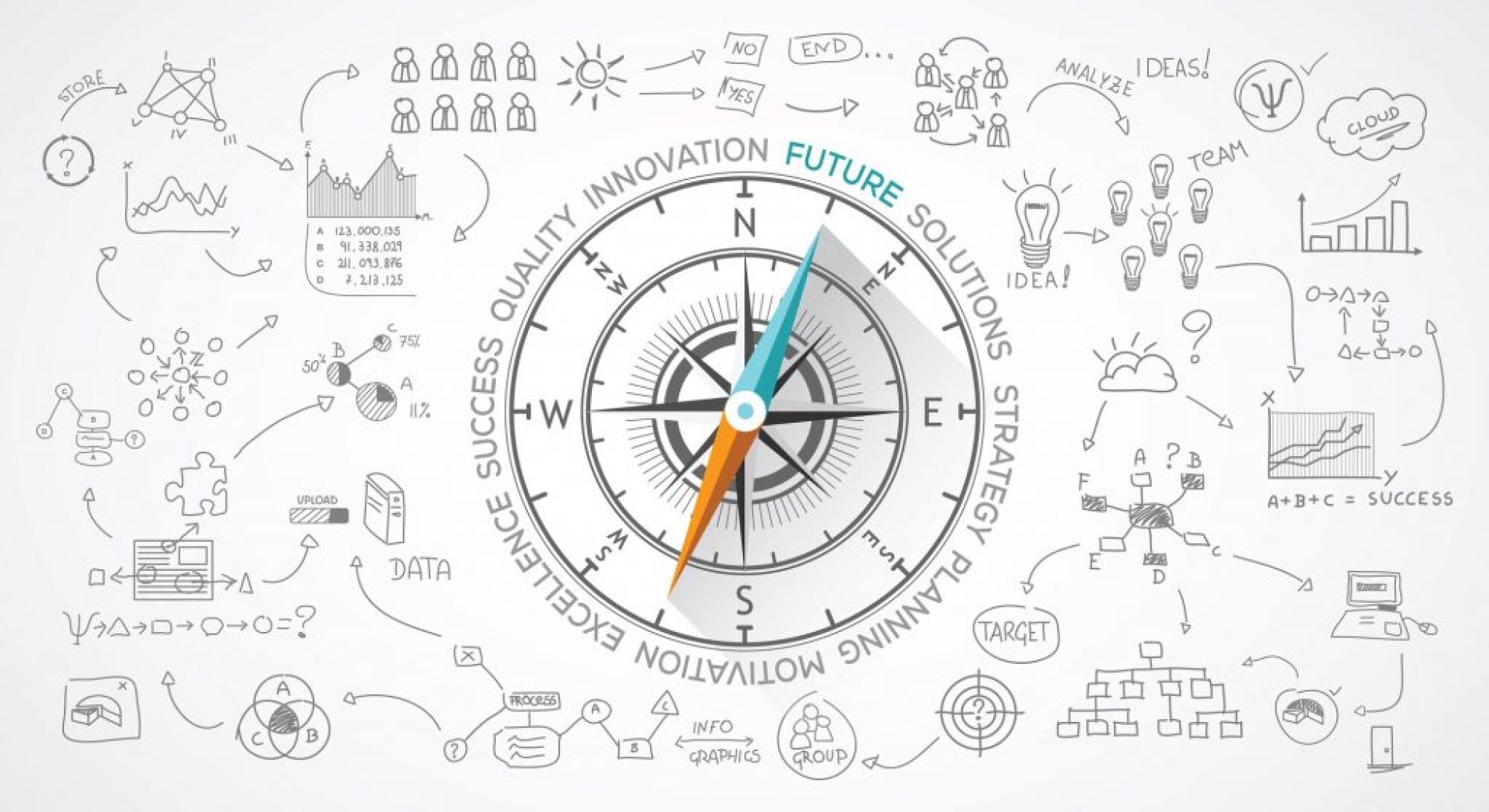 In 2011, I attended Tony Robbins’ Business Mastery seminar. On day one, Tony asked:
In 2011, I attended Tony Robbins’ Business Mastery seminar. On day one, Tony asked:
What business are you really in?
Defining what business you are really in will shape the decisions you make about your business. This is a profound question that has creates a framework for your productivity, marketing, and how you might expand your business.
This question can even dictate whether you will even have a business in a few years.
Apple used to be called Apple Computers. It dropped Computers from its name as it expanded into iPods. Now, obviously, the company is known primarily for its iPhones and iPads.
At the other extreme is Blockbuster. Blockbuster was in the business of renting videos. Now it’s not in business at all.
For many people in the room, this question prompted a radical new way of thinking about what they do. For me, this was something I already did.
My Beginnger’s Mindset: Advisor and Guide
From the moment I started my business as a residential real estate broker over 10 years ago, I was clear that I do not “sell real estate.”
My approach was informed by my previous career as an attorney. While many people thought that I had made a “big career switch,” I viewed my business as merely another form of client service.
I was an advisor to my clients, helping them make decisions about investment in or divestiture of big assets.
From the beginning, I was clear that the business of being a real estate agent was not about getting access to information or “selling information,” any more than being a lawyer was about “selling law.”
My role was to understand my clients’ needs and help them contextualize the information to discern what applied to them and how to leverage that to get the results they desired.
An Evolution: Coaching Through Change
Over time, I viewed my role through an even wider lens. I started to work with a coach and quickly saw that this was the role I played for my clients.
When Tony asked, “what business are you really in?” I raised my hand to answer. He called on me, and as I took the microphone, I said:
I am a coach for people in transition who need to move.
Many people would give me blank looks when I gave that answer, but not Tony.
Tony’s response:
So, you’re a real estate agent?
In that moment, I knew I was onto something. The right people get it.
The Business of Change
Most people move because of some other big change in their life: job change, family is growing, downsizing, etc. At the very least, the decision to buy or sell catalyzes a change.
I coach my clients around the issues that arise when we navigate big life changes: fear, resistance, making decisions, allocation of resources, investing large amounts of money. They rely on me to hold space for them as they ride the waves of uncertainty involved in moving on, up, out, and through. I coach them through a process of letting go and stepping into the unknown.
All decisions are value clarifications: they force us to examine our identity and determine our values and needs hierarchies. My role is to understand my clients’ values and needs and keep them accountable to themselves.
If I do this well, then I can employ my negotiation skills and “close the deal.” But in any transaction, I am neither the seller nor the buyer.
The real estate transaction is surface. The business I’m really in is coaching clients through change.
As I often say, I’m a literal “Agent of Change.”
This framing around my business has paved the way for me to expand my practice beyond people who need to move.
Some people still don’t get it. They will ask me to clarify if I’m a “real estate broker or a coach.” It’s not about the label. I take all of my clients through the same process.
What Business Are You Really In?
We often believe we know what people do based on their role or label: lawyer, real estate broker, coach, shoe salesman, barista, teacher, stay at home mom, etc.
And we can easily find ourselves bringing those same pre-conceived notions to our understanding of what we do.
Challenge yourself to think about what you do from a bigger-picture perspective. Go wider, or deeper. Look beneath the surface of what you think your job is about and ask yourself:
What business am I really in?
This isn’t just a thought exercise. As I’ll explain in future articles, this has significant implications for your productivity, marketing, and even whether you’ll still have a business in a few years.
[…] Part 1, I shared the power of asking what business am I really in? using my business as a case […]